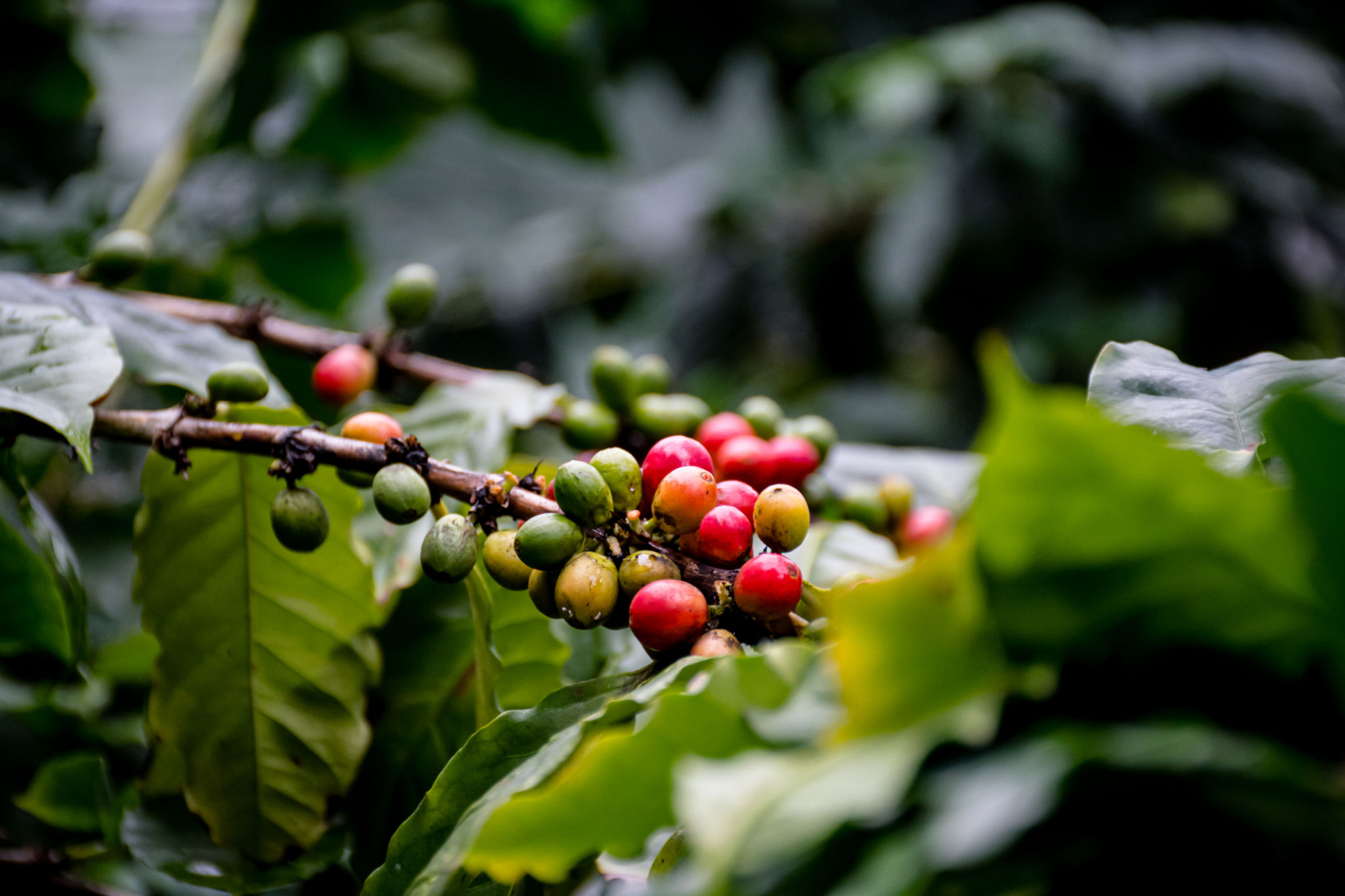The Benefits of Sustainable Coffee Sourcing for the Environment
Understanding Sustainable Coffee Sourcing
Sustainable coffee sourcing is gaining traction among consumers and producers alike. This approach prioritizes environmentally friendly practices throughout the coffee production process, from farming to distribution. By choosing sustainably sourced coffee, businesses and consumers support methods that benefit both the planet and the people involved in its cultivation.
The environmental impact of coffee production can be significant, with issues such as deforestation, water pollution, and soil degradation posing real threats. However, by adopting sustainable sourcing practices, these negative effects can be mitigated. Additionally, sustainable coffee sourcing often ties into broader social goals, promoting fair wages and better working conditions for farmers.

Reducing Deforestation
One of the primary environmental benefits of sustainable coffee sourcing is the reduction of deforestation. Conventional coffee farming often involves clearing large areas of forest to make way for coffee plantations. This leads to a loss of biodiversity and increases carbon emissions. In contrast, sustainable coffee practices use shade-grown techniques that allow coffee plants to grow under the canopy of native trees.
This method not only preserves existing forests but also supports a diverse ecosystem. By maintaining tree cover, shade-grown coffee farms offer habitats for various species and help maintain soil fertility. Choosing shade-grown coffee is a step towards preserving our planet's precious forests.

Conserving Water Resources
Water conservation is another critical aspect of sustainable coffee sourcing. Traditional coffee processing often involves significant water use, leading to pollution and depletion of local water resources. Sustainable practices aim to minimize water usage and prevent contamination through techniques such as dry processing and water recycling.
By reducing water consumption and employing eco-friendly processing methods, sustainable coffee farms protect local waterways and reduce the strain on communities that rely on these resources. This not only benefits the environment but also supports the livelihoods of those living in coffee-growing regions.

Supporting Soil Health
Sustainable coffee farming also focuses on maintaining healthy soils. Conventional farming methods can lead to soil erosion and degradation, reducing the land's productivity over time. Sustainable practices involve crop rotation, organic fertilizers, and natural pest control to preserve soil quality.
Healthy soil is essential for long-term coffee production and contributes to a balanced ecosystem. By reducing reliance on chemical inputs and promoting organic farming techniques, sustainable coffee sourcing supports resilient agricultural systems that can withstand environmental challenges.
Promoting Biodiversity
Biodiversity is crucial for ecological balance, and sustainable coffee sourcing plays a vital role in promoting it. Shade-grown coffee farms are often rich in biodiversity, providing habitats for birds, insects, and other wildlife. This biodiversity helps control pests naturally and enhances pollination.
Consumers who choose sustainably sourced coffee contribute to protecting diverse ecosystems in coffee-growing regions. This not only supports wildlife but also ensures the availability of a wide variety of plant species that are essential for environmental health.

Conclusion: The Way Forward
In conclusion, sustainable coffee sourcing offers numerous environmental benefits that extend beyond the cup. By reducing deforestation, conserving water resources, supporting soil health, and promoting biodiversity, this approach ensures a more eco-friendly future for coffee production.
As consumers become more conscious of their environmental impact, choosing sustainably sourced coffee is a powerful way to contribute to global conservation efforts. By supporting these practices, individuals can enjoy their favorite brew while making a positive difference for the planet.